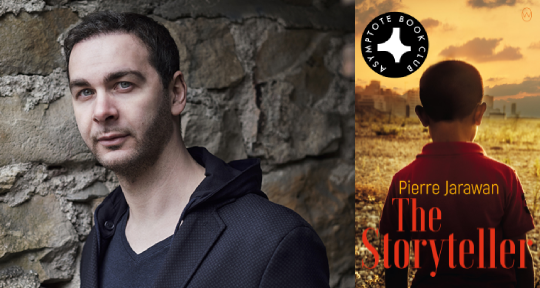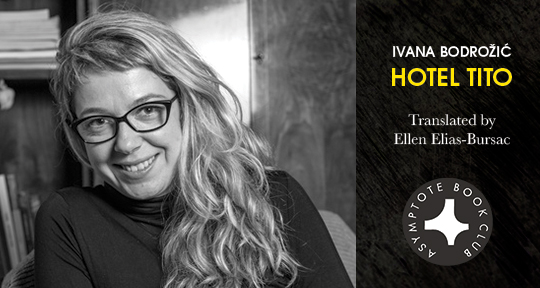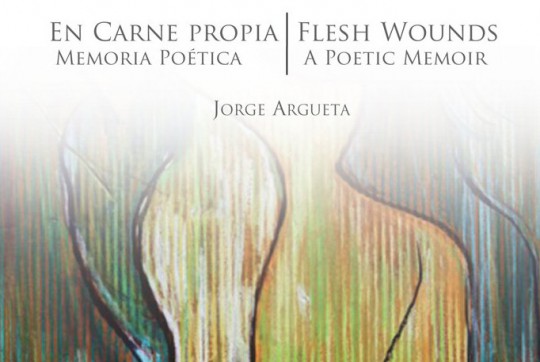The liquid condition of being stateless—whether as a refugee, a migrant, or a individual living on occupied territories—means that one’s life begins to revolve around questions: questions of where to go, how to act, what to claim, who the opposition is, who oneself is. In Lebanese-Dutch artist Mounira Al Solh‘s work, these inquiries are given vivid sonic and visual resonances, in the dizzying and hypnotic shot of a boat swaying back and forth, in the slow panning over an animal’s exposed ribcage, in a man that continually raises a foot to step forward or backward, before returning it to its place. Working with her own narrative of migrating from Beirut to Damascus as a child, and overlaying it with a contemplative blend of cultural archive, enactment, and linguistic sensitivity, Al Solh places a beating heart in the centre of displacement’s immense, abstracted web, illustrating not only origins or destinations, but the individual in the middle of becoming.
In any case, in the year 2006, as I was finishing my studies at the Gerrit Rietveld Academie in Amsterdam, I made a video piece, Rawane’s Song, in which I stated that “I have nothing to say about the war,” meaning the Lebanese civil war. At that time, everyone expected Lebanese artists to speak about that war. It was also generational, as people who grew up during the Lebanese civil war found the only way to survive was by not speaking about the war, but about survival instead. When I was a young teen, I had the privilege to live the changes that occurred on the ground in Lebanon, the abrupt and absurd end of fifteen years of civil war, and the shift to a postwar time (or perhaps to a suspended civil cold war, as some people called it).
Ironically, when I had finished making Rawane’s Song there was a war again in the summer, when Israel invaded Lebanon and bombed its bridges in a fight against Hezbollah, who had kidnapped a couple of soldiers to tease and provoke Israel. After this war, fighting factions would strengthen and become more popular. Anyway, at that time, I did not refrain from showing Rawane’s Song, and I did not refrain from taking a highly ironical position towards “speaking about the war,” even though we were being bombed and the country was devastated. READ MORE…






